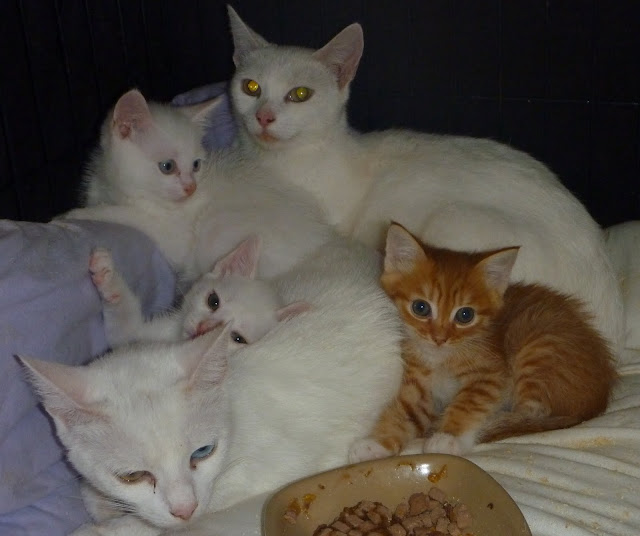But, despite the seemingly familiar resonance of the title, don't expect this to be anywhere near Bob Dylan as this is going in a very different direction.
A couple of weeks ago I mentioned that in the course of starting to read a book about the British folk-rock scene I'd come across the British classical composer Ralph Vaughan Williams and ordered a 2-disc collection of his music. Almost before that was out of the cellophane wrapper, I'd ordered another 2-disc entitled Hickox conducts Vaughan Williams, and shortly after that a 7-disc set containing V-W's complete symphonies featuring the Royal Liverpool Philharmonic conducted by Vernon Handley.
And here's the maestro himself as a young man.
And so, some intense listening and the very beginning of finding out what I liked and what I didn't. What I particularly didn't like was the singing as in singing songs. I disliked the extremely mannered declamatory style where tone mattered above clarity, where I simply couldn't make out the words. (Mind you, I also dislike opera intensely.) Choral music, which might not be the correct term in this instance, is different in that I like voices used as a wordless musical instrument but not to convey a song.
In for a penny, I thought, in for lots of money. Memories came back of a period during my mid to late teens when I bought several cheapo classical records on the Music For Pleasure label such as Holst's Planet Suite and Stravinsky's Rite of Spring and enjoyed them a lot, so-
And, yest, they were just as good as I remembered them and were well worth buying. The Planets is probably one of my all time favourite pieces of music, I'd just forgotten that fact for forty years.
Then I considered that maybe rather than buying specific works by a composer (I almost bought Rimsky-Korsakov's Scheherzade, another old favourite, but put it on hold on my Wish List) maybe a sampler of a composer's work might be a good idea. After checking out reviews of several on Amazon I went with a couple of Very Best Of's on the Naxos label. One particular review sounded quite authoritative so I ordered the CDs below. Only after reading several other reviews by the same reviewer of the series did I realise that each review was exactly the same except for the CD's details.
I've dipped into the Elgar and Shostakovich and quite like them but enough is enough. I'm really going in blind here. What I need is a general all purpose introduction to classical music. I checked out a number on Amazon and don't really want the Ultimate 100 All You'll Ever Need Greatest Classical Top 10 Smash Hits. However I think I've found a good one from the reviews which accompany it and I've ordered it today. It's a 6-disc set retailing for a paltry £4.99. The one good thing about getting into classical music is that it's so cheap to get quality performances.
Here's a review by (and I'm not joking) A Customer:
And that will very definitely do to be going on with. No more until I've given these a thorough listening to.




